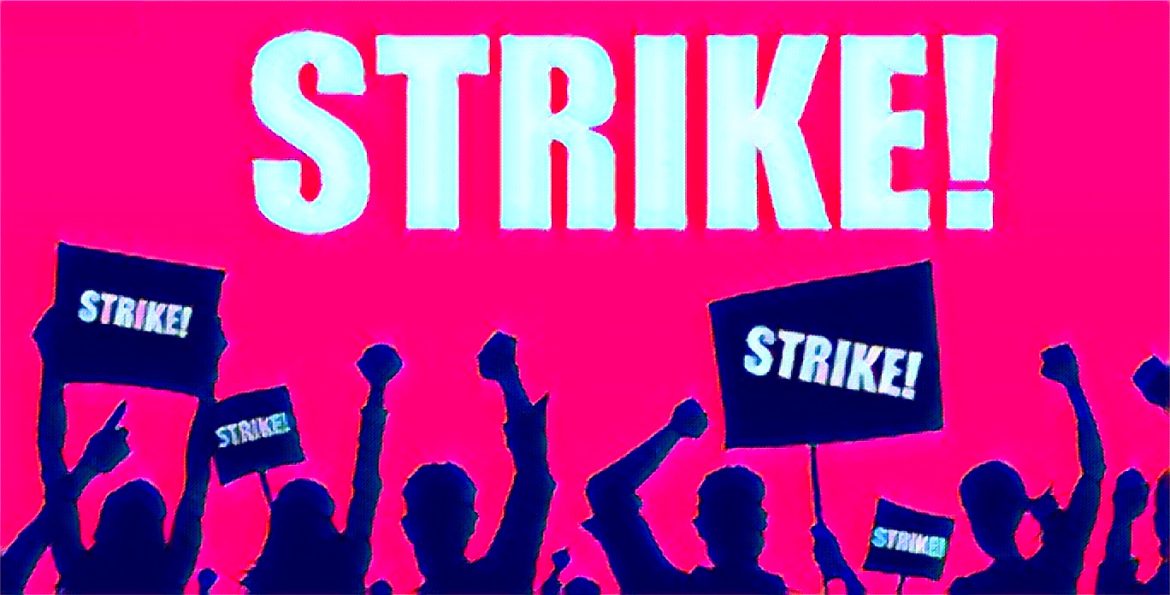Zimbabwe’s healthcare workers have announced a two-day strike starting Thursday to protest their low salaries and poor working conditions. The strike comes amid a worsening economic and political situation in the country, which has seen inflation soar and basic services collapse.
The Health Apex Council, a coalition of healthcare unions, issued a 48-hour ultimatum to the government on Monday, demanding an urgent review of their wages and allowances. According to the council, healthcare workers are earning less than US$10 per month at the official exchange rate, which is far below the poverty line and the cost of living.
The council also cited the lack of adequate personal protective equipment (PPE), drugs, and equipment in public hospitals, which exposes them to health risks and compromises the quality of care. The council said that if their grievances are not addressed by Wednesday, they will embark on a collective job action from Thursday to Saturday.
How will the strike affect the health system?
The strike will likely paralyze the already strained health system, which has been struggling to cope with the impact of years of mismanagement, corruption, and sanctions. Zimbabwe has one of the lowest doctor-to-patient ratios in the world, with only 1.6 doctors per 10,000 people, according to the World Health Organization (WHO).
The strike will also affect the country’s response to the ongoing cholera outbreak, which has killed more than 2,000 people and infected over 100,000 since 2023. The outbreak has been attributed to the lack of clean water, sanitation, and hygiene in urban and rural areas.
What is the government’s response?
The government has not yet responded to the strike notice, but it has previously blamed the economic crisis on external factors, such as drought, cyclones, and Western sanctions. The government has also accused some healthcare workers of being influenced by the opposition and foreign agents to destabilize the country.
They have also been engaged in a dialogue with the International Monetary Fund (IMF) and other creditors to secure debt relief and financial support. However, the IMF has insisted that the government must implement comprehensive reforms, including fiscal consolidation, monetary stabilization, and governance improvements, to restore macroeconomic stability and growth.
What is the way forward?
The strike is a sign of the deepening discontent and frustration among Zimbabwe’s healthcare workers, who have been at the forefront of the fight against the pandemic and other diseases. The strike also reflects the broader social and economic challenges facing the country, which require urgent and inclusive solutions.
The government and the healthcare unions should resume negotiations and find a mutually acceptable agreement that addresses the workers’ legitimate demands and ensures the continuity and quality of health services. The government should also implement the necessary reforms to revive the economy, improve service delivery, and restore public confidence. The international community should also support Zimbabwe’s recovery efforts, by providing humanitarian assistance, technical assistance, and debt relief.
The strike is a test of the government’s commitment and capacity to resolve the health crisis and the underlying causes of the crisis. It is also an opportunity for the government and healthcare workers to work together to save lives and rebuild the health system.
Source: New Zimbabwe


